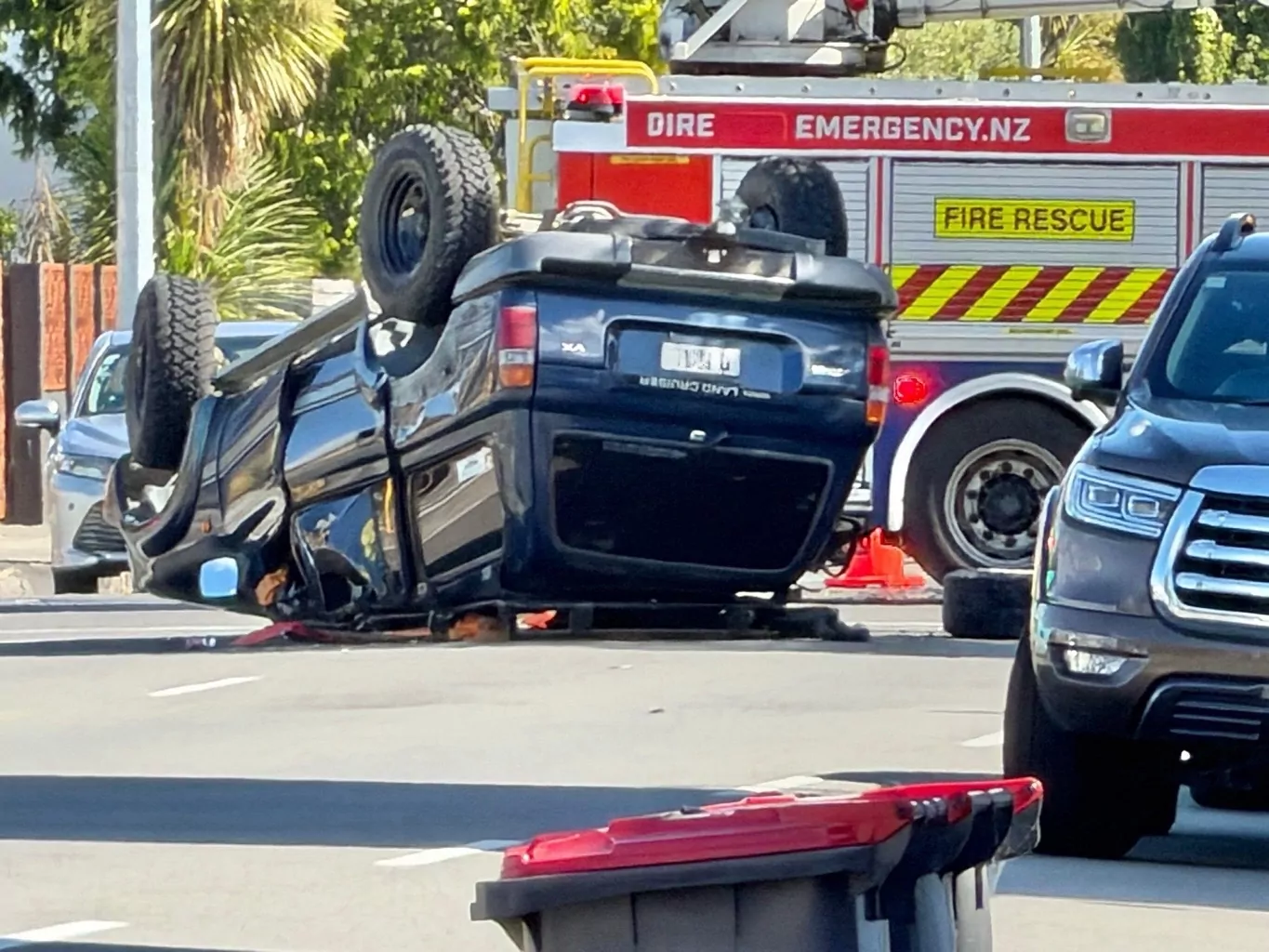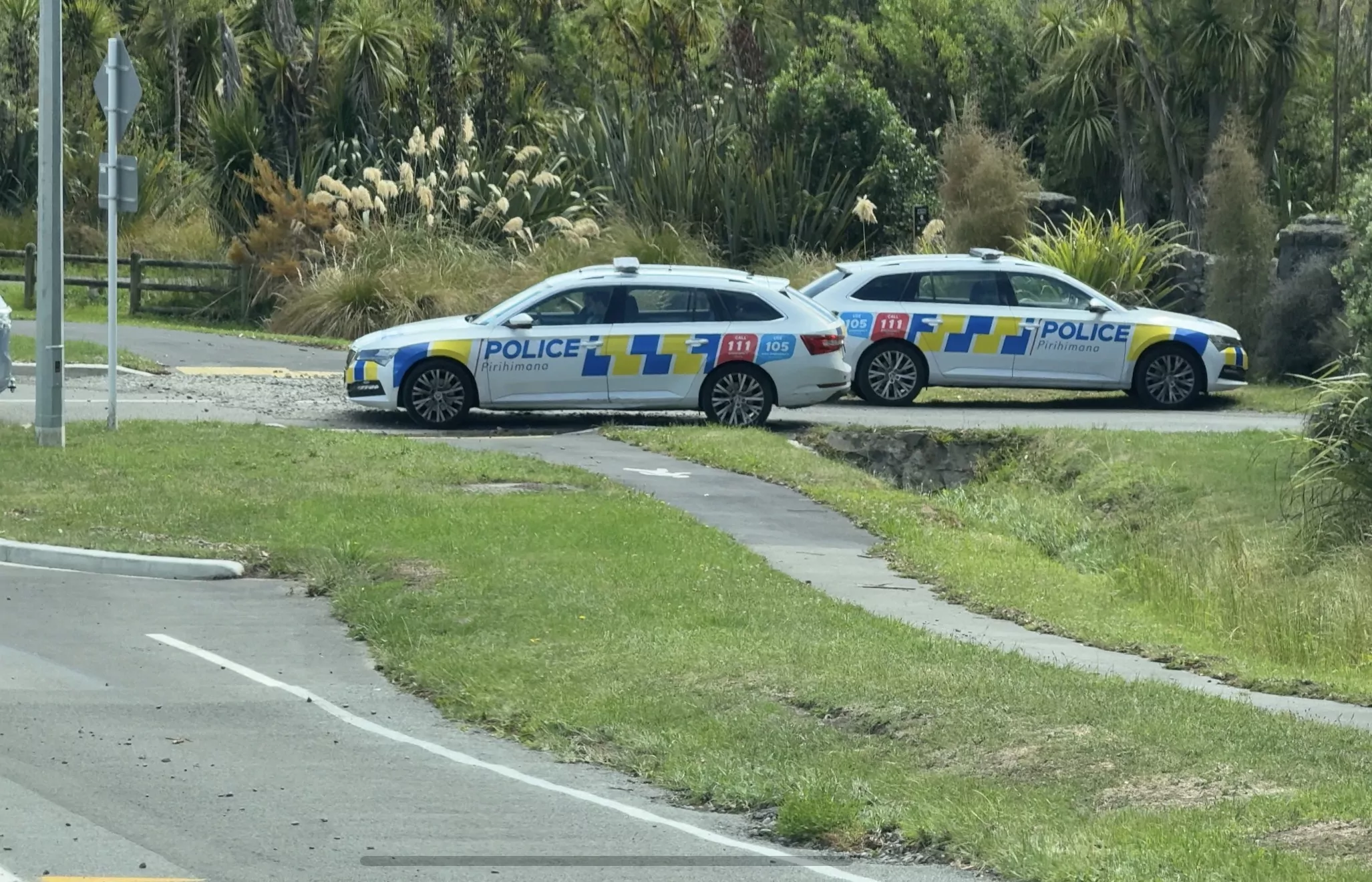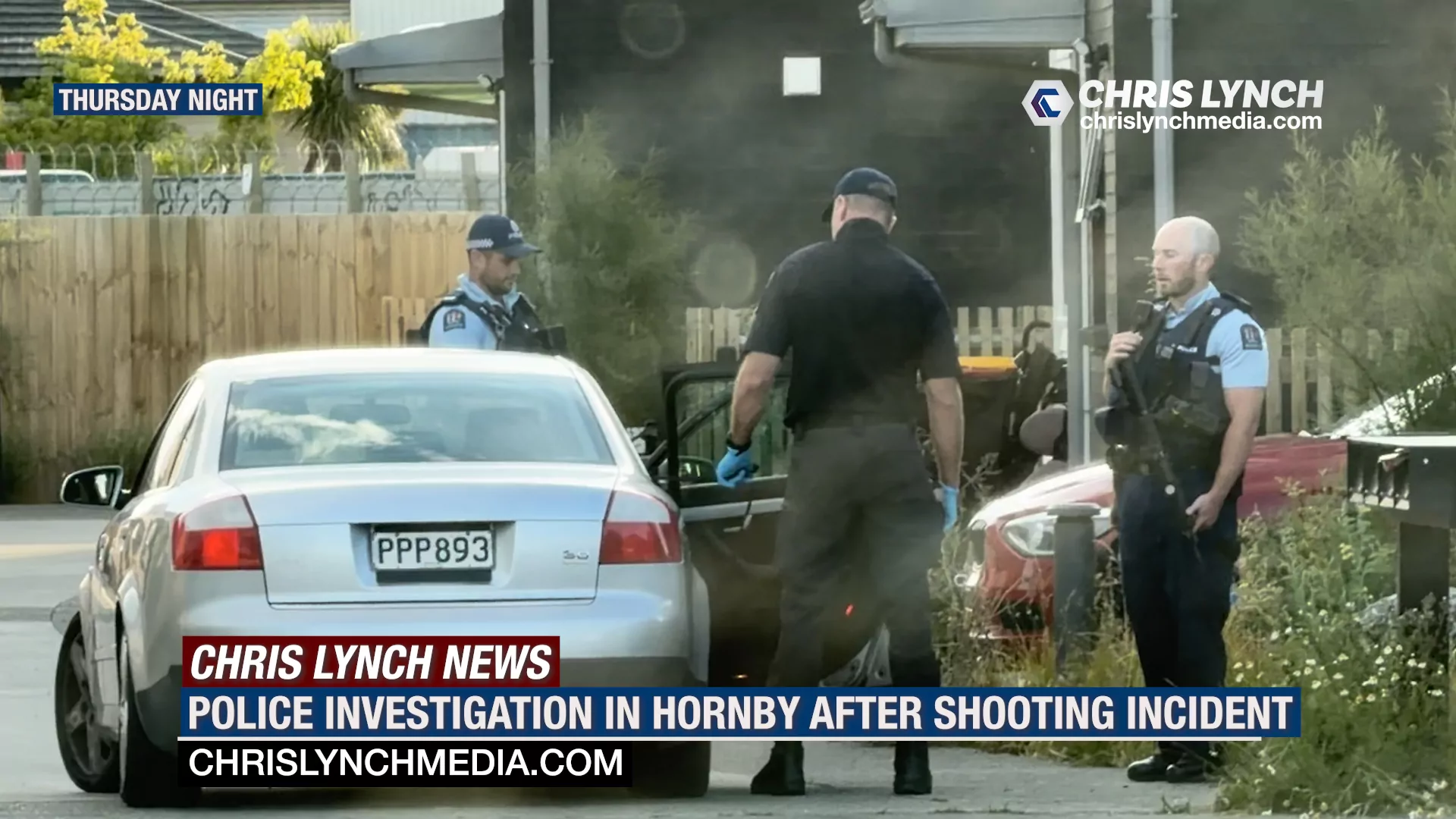Escaped youth tracked by Eagle helicopter, found hiding in New Brighton
The young person who escaped from a youth justice facility in Rolleston has been located...
The appointment of one of the directors of the Government’s research centre for counter-violent extremism has been described as “problematic” and “disturbing.”
Prime Minister Jacinda Ardern and Minister Andrew Little made the announcement of the opening of the He Whenua Taurikura, Centre of Research Excellence for Preventing and Countering Violent Extremism, last week in response to the Royal Commission of Inquiry into the Christchurch terror attacks.
Ardern said “I believe this centre will help us to be a more resilient, inclusive and safer Aotearoa New Zealand.”
Little, who is the Minister responsible for the Royal Commission of Inquiry into the Terrorist Attack on the Christchurch Mosques, said he was looking forward to seeing the centre deepen understanding and enrich public discussion on preventing and countering violent extremism.”
Professor Dr Joanna Kidman and Professor Paul Spoonley were appointed as co-directors of the Centre. Spoonley was appointed as an interim Director for up to a year, while Dr Kidman’s term is three years.
Dr Kidman is a Professor at the Faculty of Education at Victoria University, Wellington. Photo: Victoria University
Dr Kidman is a professor of Māori Education at Victoria University of Wellington and is a sociologist, researching indigenous sociology, Māori youth, higher education, decolonisation studies and comparative education.
Andrew Little noted the focus of the centre would be “understanding diversity and promoting social cohesion.” But is Kidman’s appointment at odds with the minister’s messaging?
Left-leaning political commentator Chris Trotter said it was a “very disturbing appointment.”
I consider Kidman to be an extremist” while Left-leaning political blogger Martyn Bradbury described the appointment as “insane.”
“Labour pushed back on their hate speech madness, but are still trying to find new ways to restrict free speech, meaning this new Extremist Research Academy will have vast influence over very large powers, which brings us to the problematic appointment of Professor Joanne Kidman” he wrote in his blog.
In 2020, Kidman accused fashion designer Trelise Cooper of perpetrating “colonial violence in floral polyester” after she named one of her dresses “Trail of Tiers.” Trail of Tears, was a series of forced death marches Native American tribes were sent on by the US Government between 1830-1850.
Kidman slammed Cooper on Twitter. “Accounts of Native women being raped by settlers and soldiers on the Trail of Tears and the Long Walk of the Navajo don’t translate well into a fashion statement… but hey, Trelise Cooper, guess you’re making a living, right?” Cooper swiftly apologised. Bradley said “Kidman wanted Cooper cancelled for a dress, that’s her threshold for hate and extremism, a dressmaker who had no idea of an indigenous atrocity.”
He believes Kidman is unsuitable for the Government-appointed position. “That’s the person in charge of an academy on extremism? Someone who is triggered by a dress and who used their platform to start a woke Lynch mob?”
“Now the good Professor Joanne Kidman may scream in rage that I’ve reminded everyone what her brittle thresholds for hate crimes are just as she gets her large dollop of creamy public money to investigate extremism, but I would calmly retort that Professor Joanne Kidman is getting the exact same zero benefit of the doubt that she as a woke crusader gave Trelise Cooper.”
Bradbury said “how could someone with such brittle thresholds for hate be put in such a critical position to directly advise the Government and the security apparatus on who should be targeted? – Anything coming out of this extremism research centre must be challenged.”
Kidman has, in the past, publicly criticised those whose views deviate from her own, including social media “pile-ons”, authoring petitions, and name-calling “offenders” as “settlers.” Kidman didn’t respond to written questions. The Māori Party didn’t respond, while the Green Party declined the invitation to comment.
Act Party Leader David Seymour said “the problem with Government appointing cultural enforcers is that the solution can be nastier than the problem. It’s even worse when the enforcers are chosen through the Government’s ideological lens, instead of character and competence.”
National Party Leader Christopher Luxon declined to comment, but the Prime Minister’s office was happy to and provided a statement.
“The Centre is an independent organisation focused on research on New Zealand-specific research on the causes of, and measures to prevent violent extremism and terrorism.”
“Professor Kidman has written many peer-reviewed papers around ethnicity, society and culture. Professor Paul Spoonley has researched and written on a wide range of topics such as social cohesion and diversity, racism, Pākehā identity, demographic change, the far-right, white supremacism and antisemitism.”
The spokesperson said both Directors Professor Joanna Kidman and Professor Paul Spoonley were appointed through a formal recruitment process led by Department of the Prime Minister and Cabinet (DPMC).
“The Directors are not public servants, and a Governance Board will oversee the work of the Centre and the Directors.
Ministers were not involved in recruitment decision-making.” In 2020, Kidman encouraged a petition ‘calling out’ Waikato Univesity as being racist.
However, an independent review into allegations of casual and structural racism at Waikato University concluded the claims were “incorrect, inaccurate”, and reflective of differing perspectives.
It found that because New Zealand’s public institutions, including universities, adhere to western traditions and cultures, there is a case for structural, systemic, and casual discrimination at the university.
On the Royal Society website, Kidman said a mature nation should be able to discuss history, even when doing so is uncomfortable or painful, referring to her $859,000 Marsden Funded research project on the New Zealand Wars.
As of 7th June, her latest video on YouTube about the statue of Sir George Grey in Albert Park, Auckland has been viewed 119 times.
On May 27th, she tweeted “nice example of historian-as-bigoted-dickhead to add to the pile of sixty-twelve million reasons why 99 percent of university historians should have a curfew and an ankle tracker.”
Kidman has attacked journalists whose articles she disagrees with, once describing a Wellington reporter as “still drunk.” Kidman often uses the derisive term “settler.”
On Jun 10, 2020, during the height of the Black Lives Movement in the United States, Kidman wrote “white academia: you’ve ‘discovered’ racism this past fortnight and taken to the streets in support of BLM. Now it’s time to turn your attention to the saturating whiteness of your own universities, disciplines and teaching & research practices, and recognise your own complicity.”
Leonie Pihama, a Senior Research Fellow at the Te Kōtahi Institute, University of Waikato, and Director of Māori And Indigenous Analysis Ltd, a Kaupapa Māori research company, provided some insight into the potential direction of the centre.
“The centre is an important development to investigate the origins of white supremacist colonial ideology, and its embedded violent practices in Aotearoa.”
A Victoria University high-ranking staff member, who spoke on condition of anonymity, said this type of discussion was troubling.
“I’m worried she’ll [Kidman] exploit the centre’s well-intended mission, reframing narratives in her ongoing pursuit of justice from colonisation. That’s not what it’s about. She’s a provocateur, and passionate, but those attributes don’t necessarily bring people together.”
Free Speech Union Chief Executive Jonathan Ayling said “this appointment is absurd and reveals the ideological capture that is pushing forward an anti-speech agenda.”
“Professor Kidman has claimed that words are equivalent to violence and has been at the forefront of numerous attempts to silence others.”
“The Free Speech Union would unreservedly stand by her right to speech, but this appointment is simply inappropriate for someone who has so overtly used her influence in the past to silence others and remove their right to speech.”
“This is a political appointment aimed at furthering anti-speech policies that will hurt the vulnerable and further erode social cohesion.”
“We call on the Government to reverse this appointment and fill the position with a less censorious candidate.”
Currently, countering terrorism and violent extremism is an important part of the security intelligence work of the NZSIS.
On its website it reads “there are individuals and groups in New Zealand that are committed to acts of terrorism, violence and intimidation. These are extremists who advocate using violence to impose their own political, ethnic or religious viewpoint on others.”
“It is important to note that terrorism can occur at the extremes of any ideology, cause or belief system. As such, NZSIS may investigate any individual, group or entity that advocates violence in support of an ideology. The NZSIS collects intelligence related to possible terrorist activity and, through its links and cooperation with other security and intelligence organisations worldwide, monitors the movements and activities of known terrorists and terrorist groups around the world.”
Since her appointment, Kidman has hidden her Twitter account.


